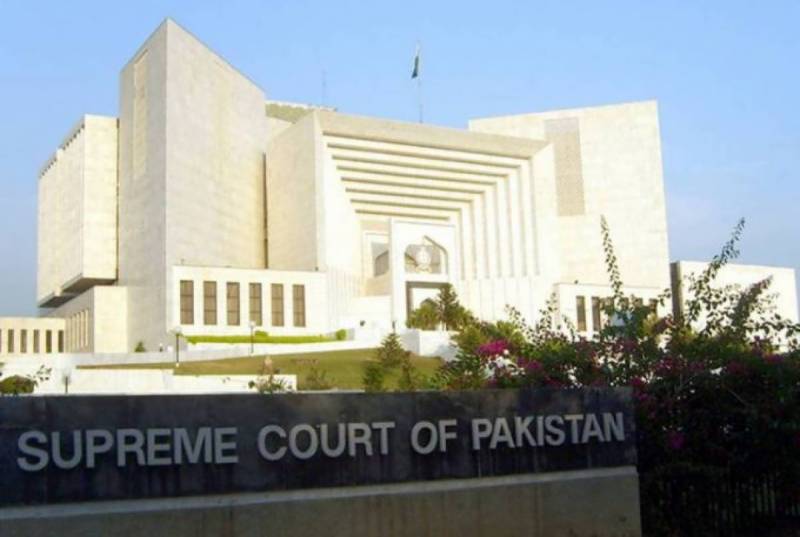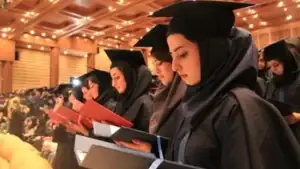ISLAMABAD – While a six-member larger bench of the Supreme Court (SC) decided on a suo moto notice regarding the awarding of grace marks to a Hafiz-e-Quran for admission to a medical degree programme, the legal issue appears to be getting worse.
Judge Qazi Faez Isa presided over a three-judge panel that was still deliberating on the matter.
This is the same case in which Justices Qazi Faez Isa and Aminuddin Khan issued an interim ruling in which they objected to the Chief Justice’s suo moto authority.
The court decided to delay the hearing of matters under Article 184(3) of the Constitution until the Supreme Court Rules of 1980 were amended to reflect the Chief Justice of Pakistan’s discretionary bench-forming authority.
The third judge on the panel, Judge Shahid Waheed, disagreed with the position.
CJP Bandial takes suo motu notice over delay in Punjab, KP elections
When Punjab and Khyber-Pakhtunkhwa (KP) elections were delayed in February, Chief Justice of Pakistan (CJP) Umar Ata Bandial took suo moto notice of the situation. This action made the tension among the justices of the top court apparent.
He established a nine-member bench, but it was disbanded as each member withdrew. The final decision in the case was reached by a 3-2 majority.
The case was heard by the six-member larger bench, which was presided over by Justice Ijaz Ul Ahsan, after the previous bench had adjourned the case. There were five judges on the bench: Judge Munib Akhtar, Justice Sayed Mazahar Naqvi, Justice Muhammad Ali Mazhar, Justice Ayesha Malik, and Justice Hasan Azhar Rizvi.
The three-judge bench, according to the larger bench, had made an interim ruling on the matter.
In less than five minutes of hearing, the bench dismissed the matter.













